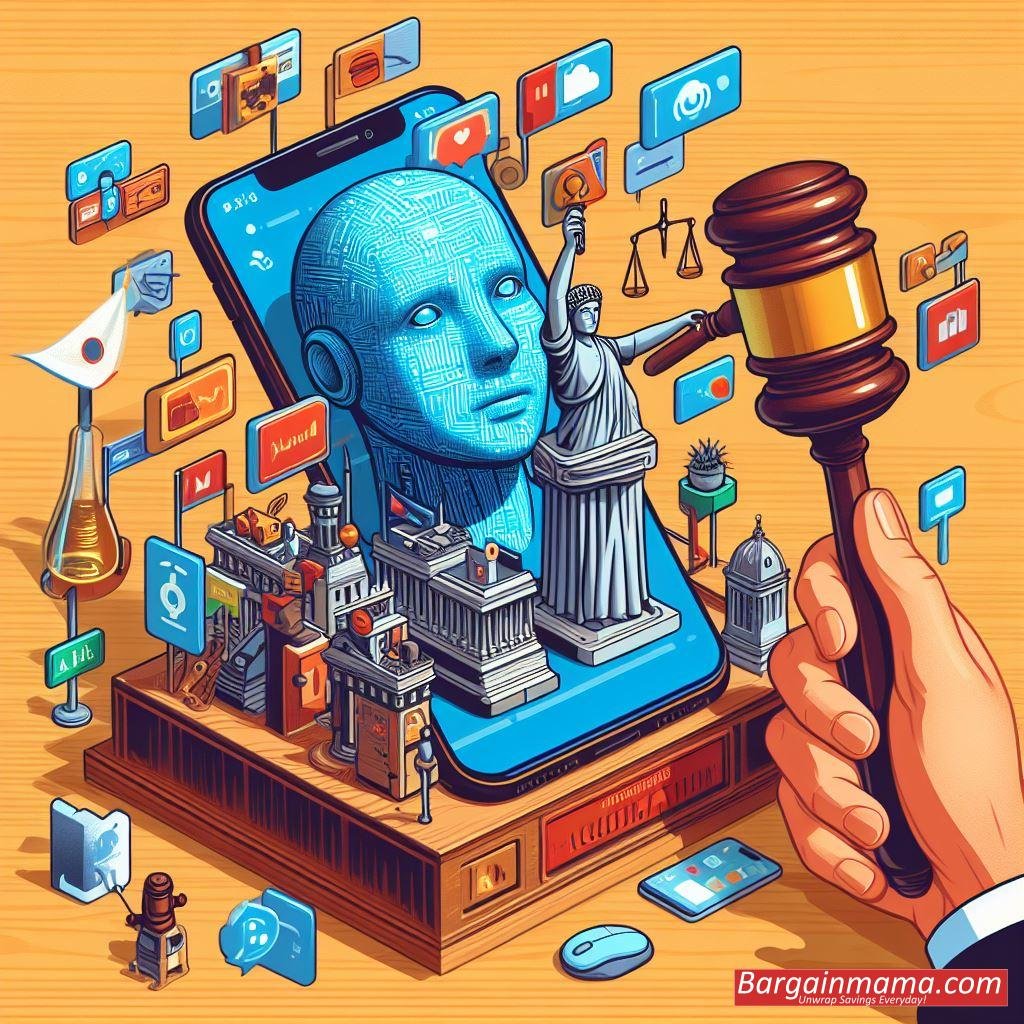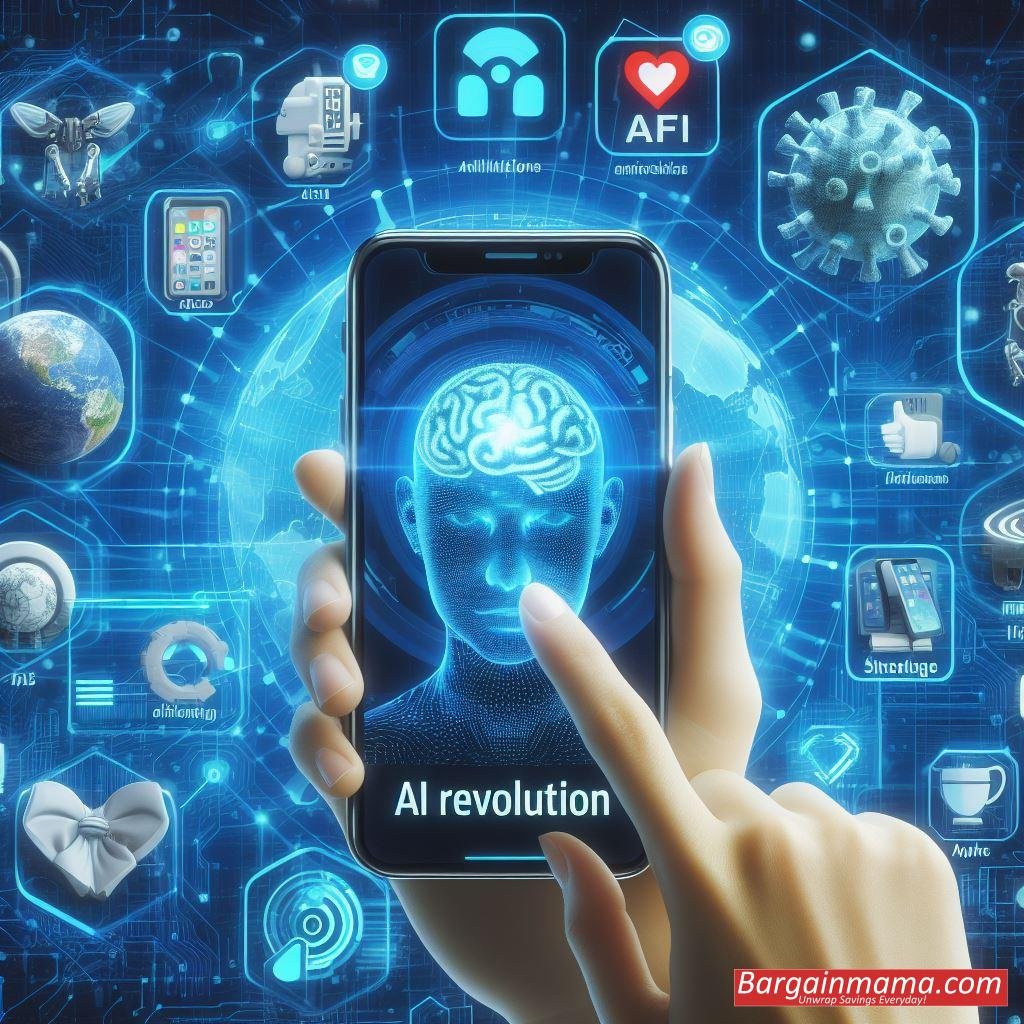At the Mobile World Congress, Deutsche Telekom, in partnership with Brain.ai and Qualcomm, showcased a revolutionary AI phone that promises to completely transform the smartphone market. This cutting-edge gadget, which replaces traditional applications with an intelligent AI assistant to expedite daily operations, represents a major change toward a future in which smartphones with app stores may become outdated.

In a future where artificial intelligence and Large Language Models (LLM) smoothly integrate with mobile devices, reducing the need for different applications and simplifying consumers’ life with a magenta concierge, Jon Abrahamson, chief product and digital officer of Deutsche Telekom, sees it.
This audacious action by Deutsche Telekom is consistent with a larger trend in the tech sector. As the belief that artificial intelligence is the direction of technology continues to develop, Meizu Technology recently stated that it is leaving the smartphone industry to concentrate only on hardware driven by AI.
The introduction of gadgets such as the Humane Ai Pin and the Rabbit R1 highlights the growing ubiquity of AI-driven products in consumer electronics. According to Luke Pearce, a research analyst at CCS Insight, businesses are using AI to satisfy customers’ demands for cutting-edge and futuristic products.

There are still obstacles in the way of these developments. With an average upgrade cycle of almost four years, smartphone consumers are sticking onto their gadgets for longer. Businesses are depending on AI to distinguish their goods and provide incentives for upgrades, but it’s unclear if this will be a successful approach.
In addition, worries regarding employment displacement in the app industry and income loss for app developers are raised by the move away from smartphone apps. The substantial economic significance of apps is highlighted by Apple’s revelation of $1.1 trillion in app store sales, raising doubts about the feasibility of AI gadgets without conventional app interfaces.
Ethical and privacy concerns are also quite important. Despite all of AI’s advantages, worries about privacy and data security continue. To win over customers’ confidence and encourage adoption, businesses need to be open and honest about these concerns.

Collaboration between industry stakeholders and well-informed decision-making are essential for navigating this revolutionary environment. To encourage customer adoption and allay concerns, it is imperative to communicate clearly about the advantages and hazards of artificial intelligence.
The future of smartphone technology is full with possibilities and uncertainties as we are about to enter a new era. It is imperative to acknowledge and tackle the valid issues around artificial intelligence in order to pave the way for a day when smartphones reliant on apps could eventually become obsolete.



